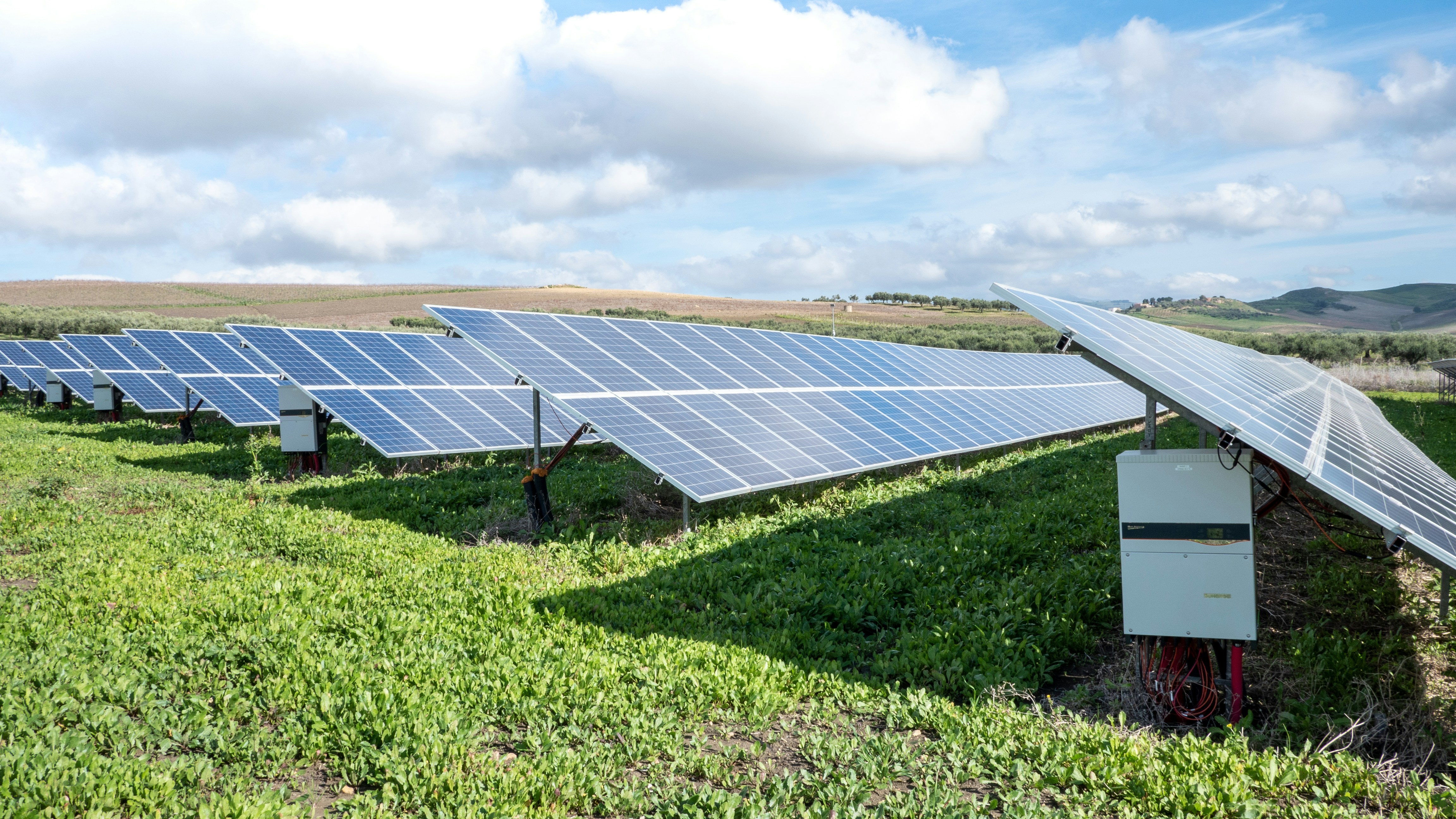Solar Power And The Path To A Sustainable Energy Future

The exponential growth of solar power is paving the way for a sustainable energy future. As the world grapples with the challenges of climate change and finite fossil fuel resources, solar energy offers a clean, renewable, and abundant solution. This article examines the role of solar power in the global energy transition, the benefits it offers, and the strategies needed to maximize its potential.
The Role of Solar Power in the Energy Transition
Solar power is at the forefront of the global transition to renewable energy. As countries commit to reducing greenhouse gas emissions and achieving net-zero targets, solar energy is emerging as a key component of national energy strategies. Its versatility, scalability, and decreasing costs make it a vital solution for diverse energy needs. From small rooftop systems to large utility-scale projects, solar power can be deployed in various contexts, enhancing energy access and security.
Benefits of Solar Energy
Environmental Benefits: Solar energy is a clean energy source that generates electricity without emitting greenhouse gases or other pollutants. This reduces the environmental impact of energy production and contributes significantly to efforts to combat climate change. The reduction in air pollution also has positive effects on public health, decreasing respiratory and cardiovascular illnesses linked to fossil fuel combustion.
Abundance and Renewability: Solar power is abundant and renewable, providing a virtually limitless source of energy that can be harnessed worldwide. The sun provides more energy in an hour than the world consumes in a year, making solar power a highly sustainable energy source.
Climate Change Mitigation: The adoption of solar power is crucial for reducing the carbon footprint of energy production. By replacing coal, oil, and natural gas with solar energy, we can significantly decrease global carbon emissions and limit the adverse effects of climate change.
Economic Advantages
Declining Costs: The cost of solar panels and related technologies has been steadily declining, making solar energy more affordable and competitive with traditional fossil fuels. Technological advancements and economies of scale have driven down prices, facilitating widespread adoption.
Competitiveness with Fossil Fuels: In many regions, solar power is now cheaper than traditional fossil fuels. This cost advantage is driving investments in solar infrastructure and encouraging the adoption of solar energy by consumers and businesses.
Job Creation and Economic Growth: The solar industry is a major driver of job creation and economic growth. It creates jobs across the value chain, from manufacturing and installation to maintenance and research. This growth supports local economies and contributes to global economic development.
Strategies for Maximizing Solar Potential
Investment in Research and Development: Continued investment in research and development is essential for advancing solar technology and reducing costs. Innovations in materials, design, and manufacturing processes can enhance the efficiency and durability of solar panels.
Supportive Government Policies and Incentives: Government policies and incentives are crucial for promoting solar adoption and investment. Tax credits, grants, and regulatory frameworks that encourage the integration of solar power into the grid can drive growth and innovation.
Public and Private Sector Collaboration: Collaboration between the public and private sectors is necessary to overcome barriers and accelerate the deployment of solar energy. Partnerships can foster innovation, streamline project development, and ensure the scalability of solar solutions.
Addressing Challenges
Energy Storage Solutions: Energy storage is a critical issue that requires effective solutions. High-capacity and long-lasting batteries are essential for storing excess solar energy and ensuring a reliable energy supply. Innovations in battery technology are driving improvements in performance and cost, making storage more accessible.
Grid Integration: Modernizing the grid to accommodate distributed generation and manage variable energy sources is necessary for maximizing the benefits of solar power. Advanced grid management systems and smart grid technologies can enhance grid resilience and stability.
Sustainable Management of Raw Materials: The availability of raw materials for solar panel production, such as silicon and rare earth elements, must be managed sustainably to avoid supply chain disruptions. Recycling and developing alternative materials can help address this challenge.
Conclusion
Solar power is a cornerstone of the path to a sustainable energy future. Its exponential growth, driven by technological advancements and economic advantages, positions it as a key player in the global energy transition. By harnessing the benefits of solar energy and addressing the challenges it presents, we can achieve a cleaner, more resilient, and energy-rich future. The continued commitment to innovation, policy support, and strategic investment will be essential for realizing the full potential of solar power.
Author: Brett Hurll
The Self-Destructive Nature Of Anti-Tourism Protests: Balancing Resident Concerns With Tourism Benefits
In recent years, anti-tourism protests have become increasingly common across popular tourist destinations. From the Bal... Read more
Military And Strategic Implications Of The Ukrainian Drone Attack In Kursk
On a recent morning, the Kursk region in south-western Russia witnessed an unexpected and significant event: a Ukrainian... Read more
Chinese Tech Stocks Gain Ground Despite Wall Street Technology Sell-Off
Chinese tech shares in Hong Kong gained on Friday, defying a technology stock sell-off on Wall Street, driven by strong ... Read more
Defense Pact Between Britain And Germany: A Focus On Cybersecurity And Joint Operations
In a move set to redefine European defense collaboration, Britain and Germany have signed a comprehensive defense pact a... Read more
US Secret Service Director Steps Down After Trump Assassination Attempt
Security lapses admitted by Kimberly Cheatle prompt resignation.Kimberly Cheatle, the head of the US Secret Service, has... Read more
Kamala Harris Promises A Brighter Future In Official Campaign Launch
In a vibrant and impassioned campaign launch, Vice President Kamala Harris vowed to lead America toward a "brighter futu... Read more

